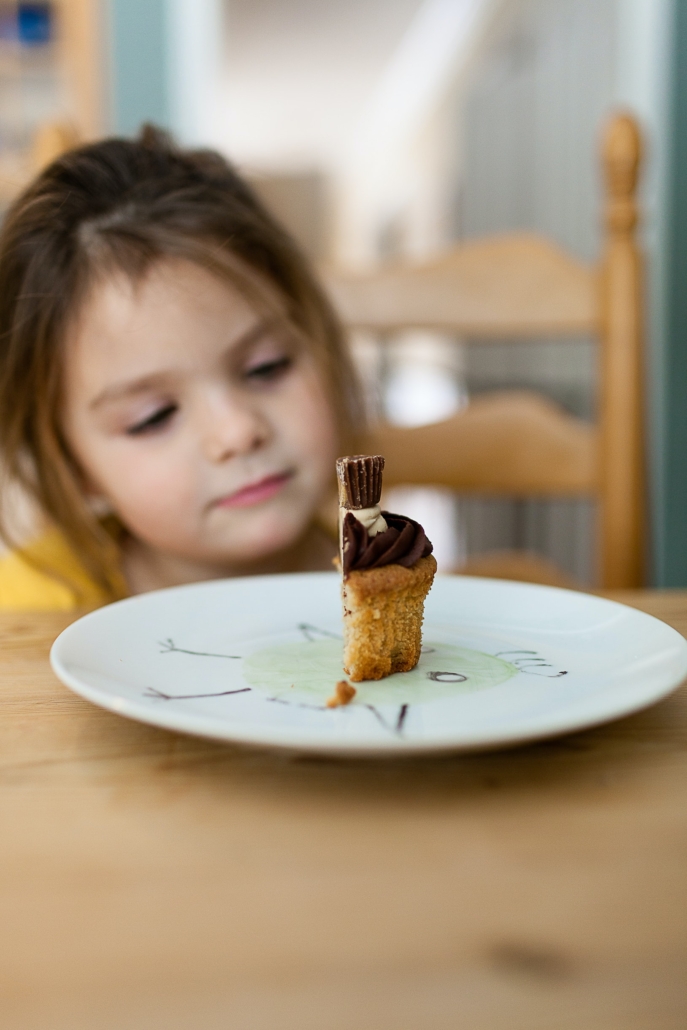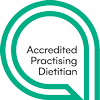Dieting and kids don’t mix
One of the things many of my adult clients have in common is that they were made to diet at a very young age. Some have told me they were indoctrinated into diet culture as young as 10 or 11 by being made to go on a weight loss program or to join a gym and exercise. Sometimes even both. And decades later, they are still struggling with the very real harm that does. Recently, I’ve seen it referred to as “non-consensual dieting”*. Essentially, it’s putting children on diets, before they even understand what it means to diet (and the harm it can do).
Why we need to be talking about non-consensual dieting
When children, pre-teens and teens are told and taught to diet, it can do enormous harm. This is what they learn:
- Their body is a problem to be fixed.
- To be accepted they have to shrink or modify their body.
- They can’t trust their own bodies to tell them when they are hungry and when they are comfortably full.
A longitudinal study called Eating and Activity in Teens and Young Adults actually investigated the harmful effects of non-consensual dieting. The researchers were able to show that experiencing parental encouragement to diet as an adolescent was significantly associated with a higher risk of dieting, binge eating, engaging in unhealthy weight control behaviours, and lower body satisfaction 15 years later as a parent themselves. Additionally, they were more likely to encourage their own children to diet.
If you were put on a diet as a child, pre-teen or teen, reflecting on the role this played on your body image, self-worth and relationship with food can represent a first step to breaking the legacy of non-consensual dieting. The purpose here is not to shame parents. Don’t forget that our parents also experienced diet culture – long before this term was even coined. At any point in time, most parents are doing what they think is best while constantly hearing the message that to be healthy, kids and adults must be a certain size.
Instead, it’s more about reflecting on how your own relationship with food developed over time. If you don’t want your children (or potential future children) to feel how you feel about food and your body, then it may be worth exploring the role non-consensual dieting has played in your life. This can be really tough, so I recommend you reach out to someone trained in Health At Every Size® and offering weight-inclusive care for support to do this.
As a parent you can break the legacy of dieting
If you grew up being encouraged to diet by your own parents, it’s important not to carry this behaviour forward with your own children. The American Academy of Pediatrics (AAP) recommends that children and teens should not be placed on a weight reduction diet. A 2016 report from the AAP concluded that “dieting is counterproductive to weight management efforts. Dieting also can predispose to eating disorders.”
You have the opportunity to break the dieting legacy, starting from when your kids are very little by ditching diet culture and learning to eat intuitively. Intuitive Eating fosters health-promoting behaviours in children and a healthy relationship with food and their body that is not shame- or restriction-based. For the purposes of this blog though, I’m focussing specifically on changes in weight and body shape in the (pre-) teen years because we know puberty is a particularly vulnerable time for kids (especially girls), a time when they can become dissatisfied with their bodies, which can increase the risk of disordered eating and eating disorders. It’s important to talk to your child about the growth they can expect and why it occurs, how their body size is genetically determined, and maybe even use your experience as an example (if relevant).
What you and your child need to know about changes in weight and body size during puberty
When it comes time to discuss these things with your pre-teen, there are a couple of things that can be helpful to know and expect yourself regarding growth and changes in body shape.
1. Kids’ bodies come in all shapes and sizes
Just like adults, kids’ bodies come in all shapes and sizes. We are all born with a genetic blueprint for the general size and shape our bodies are meant to be. I know it’s difficult, but try to resist the temptation to compare your child’s or teen’s body with others. Kids and teens’ bodies develop at different rates, so comparison can lead to unnecessary worry. If you are concerned about your child’s growth, it’s important to check in with your paediatrician.
2. Tween weight gain is NORMAL
The weight gain, change in body shape, and increase in appetite that occurs during puberty can lead parents and their pre-teens – particularly their daughters – to the conclusion that this is a problem that needs fixing.
However, tween weight gain and increases in appetite are to be expected in both boys and girls. As they grow, as their bones, heart and lungs develop, they gain weight. Girls, in particular, need to know that gaining weight and changing body shape is completely normal. They gain more body fat than boys and their hips become wider in preparation for menstruation and child bearing.
Talking to your child about the growth they can expect and why it occurs
Rather than avoiding the topic of weight altogether, it’s important to explain why they gain weight, to help them understand what stage of puberty they are in and what to expect throughout the process. Let them know their bodies have a genetic blueprint for their general frame and shape, and that if they accept and take care of it, they will thrive. Their time is best spent focussing on their interests, moving in ways they enjoy and not trying to change their body through dieting and excessive exercise.
Some helpful books
There are a number of helpful books on body image and Intuitive Eating for kids and teens. Here are just 5 I can recommend:
- Her Body Can (2020) by Katie Crenshaw (4-7yrs)
- Love Your Body (2020) by Jessica Sanders (2-12yrs)
- Be Your Own Man (2020) by Jessica Sanders (8-12 yrs or 6-7 yrs with parental support)
- The Body Image Book for Girls (2020) by Dr Charlotte Markey (12-17yrs).
- The Intuitive Eating Workbook for Teens (2019) by Elyse Resch
Bottom line
If you have a difficult relationship with food and your body, reach out to someone trained in Health At Every Size® and offering weight-inclusive care. As a (future) parent you can end the cycle of dieting that’s passed down from one generation to the next.
* Original source not found for the term “non-consensual dieting”.
Ready to take the next step? Contact me and request a complimentary call to find out more about Intuitive Eating and how it can help you truly nourish yourself and your family – body, mind and soul.






